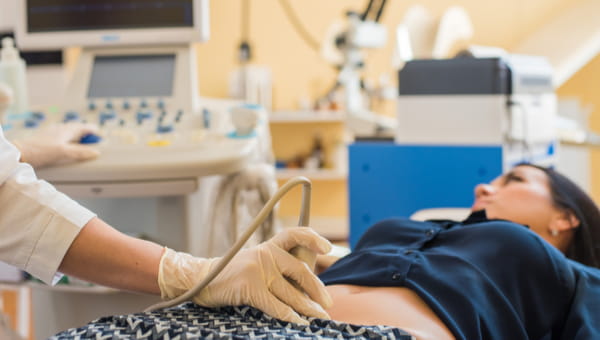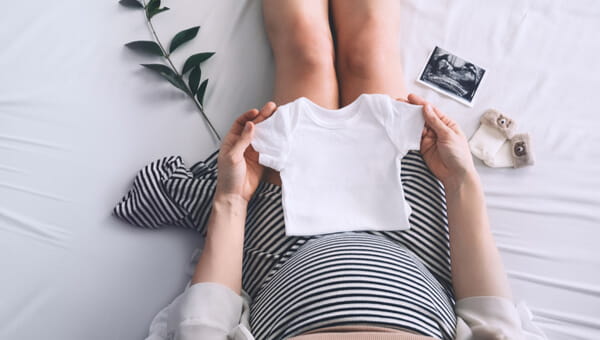Hearing baby’s heartbeat for the first time is one of the most incredible experiences an expectant mother will ever have. But did you know that the tiny heartbeat can already tell you a lot about your baby?
When can my baby’s heartbeat be detected?
Your baby’s heart began to beat at around five weeks, and it started pumping blood at around six weeks. At that early stage, though, it would have been nearly impossible to detect. Now, at eight weeks, it might be possible (though difficult) for your doctor to find the heartbeat with a Doppler device. Using an internal ultrasound device will make it much easier.
What does baby’s heartbeat tell us?
First of all, it’s your baby’s way of saying, “Hi, I’m here and I’m alive!” Once that heartbeat appears, the chances of losing your pregnancy drop dramatically. It tells us that blood and oxygen are pumping inside your baby’s body, and it’s a great sign that things are going as they should. As far as baby’s health, there’s a wide range of heart rates that are considered “normal,” from about 110 beats per minute up to 170 or so. If baby’s heart rate is much slower than 110, it could indicate a problem, but not always.
What does baby’s heartbeat NOT tell us?
You may have heard that you can predict a baby’s gender by how fast their heart beats. While it’s true that baby girls’ heart rates tend to be about four beats per minute faster than baby boys’, the “normal” range is so wide that it’s impossible to predict based on just one little baby’s heartbeat.



